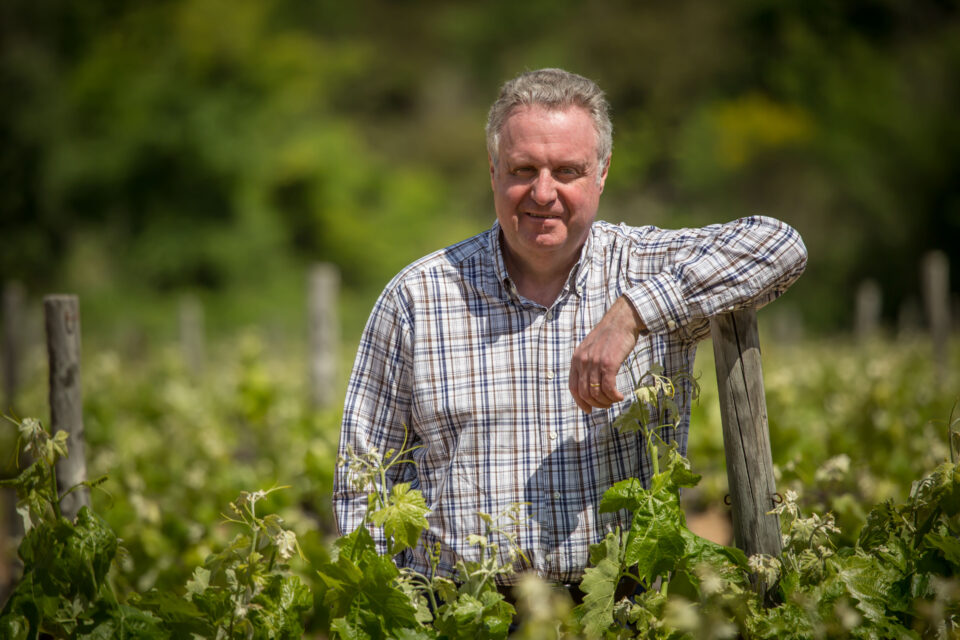Freixenet obtains Sustainable Wineries for Climate Protection certificate

Freixenet has managed to obtain for the first time the Sustainable Wineries for Climate Protection certification. This recognition, developed by the Spanish Wine Federation (FEV), is the evolution of the Wineries for Climate Protection seal, which now, in addition to the environmental dimension, also evaluates aspects of social, economic and governance sustainability.
The company has obtained this seal for the first time after complying with all the parameters established by the competent body, showing its commitment to the highest standards of sustainability in the production of Cava. For its part, Segura Viudas, a winery also belonging to the Freixenet Group, has revalidated it for the fourth consecutive time.
Environmental dimension
The certification values the reduction of emissions, the use of renewable energies and energy efficiency, water management, waste reduction and soil and biodiversity conservation. Freixenet Group stands out as a company committed to the environment, as evidenced by the fact that it was the first company in the sector in Spain to obtain ISO 14001 certification in 1999, among many other awards in this field.
With a marked responsibility for its processes, the company has implemented policies and practices throughout its value chain, such as a commitment to cutting-edge technology through high-performance and effective production lines, investment in new, more efficient and sustainable equipment, and the centralization of production to avoid transportation and external air conditioning. In the field of clean energies, the company stands out for the purchase of all its electric energy from 100% renewable sources, the elimination of diesel consumption and its replacement by natural gas and the installation of a photovoltaic panel park in Segura Viudas, currently in process. These measures, among others, have enabled the company, for example, to reduce its scope 1 and 2 CO2 emissions by 82% in the last 10 years.
In the area of transportation, one of the areas that generates the most emissions, the company is making significant efforts to replace road transport with rail transport in countries such as Germany and Poland. In addition, the company uses Repsol’s renewable fuel (made with oils from waste, such as used cooking oils), reducing CO2 emissions from transport by 85% and pursuing the dual objective of decarbonizing the economy and implementing circular economy models to reduce its environmental footprint.
In terms of viticulture, the company advises its more than 600 grape suppliers to apply sustainable practices in the vineyard. In addition, Freixenet has been working for years with all the agents involved in the cava sector to find solutions to mitigate the effects of climate change in the vineyards. Currently, for example, the persistent and extreme drought in Catalonia and the Penedès region, with a 50% reduction in rainfall compared to the average of recent years, has led to reductions in grape harvests of up to 40%. This situation calls for responsiveness and an urgent implementation of adaptation measures for the sustainability of the territory.
Social dimension
One of the fundamental pillars of the Freixenet Group’s development and growth is its people. The company encourages inclusion and promotes equality and is committed to promoting initiatives that enhance the well-being and professional growth of all its employees. Proof of this is the implementation of the Freixenet e-Academy training platform, the Health and Wellness Program, measures to facilitate work-life balance such as teleworking, or the inclusion of protocols against sexual or workplace harassment, among others.
Freixenet has historically been linked to its territory of origin, the Penedès region, where it is one of the main employers and an important economic engine. Focused on generating positive impact in the region, it regularly collaborates with local entities such as the roller field hockey team, CE Noia Freixenet, which it has been supporting for more than half a century. In Catalonia, the company also supports important social initiatives such as La Marató de TV3, Cáritas, Fundació Arrels, Creu Roja and various local festivities. At the national level, the company supports the Spanish Federation of Food Banks (FESBAL) and the Albéniz Foundation.
Economic and governance dimension
The seal has also considered parameters such as resilience and cost control efficiency, where responsible investment criteria are considered, and the use of new technologies and advanced IT tools. The certification also considers governance factors, such as ethical behavior, sustainability management and communication, and stakeholder relations. The company applies a strict compliance policy, which contributes to the areas of responsible conduct and practices and anti-fraud policies.
